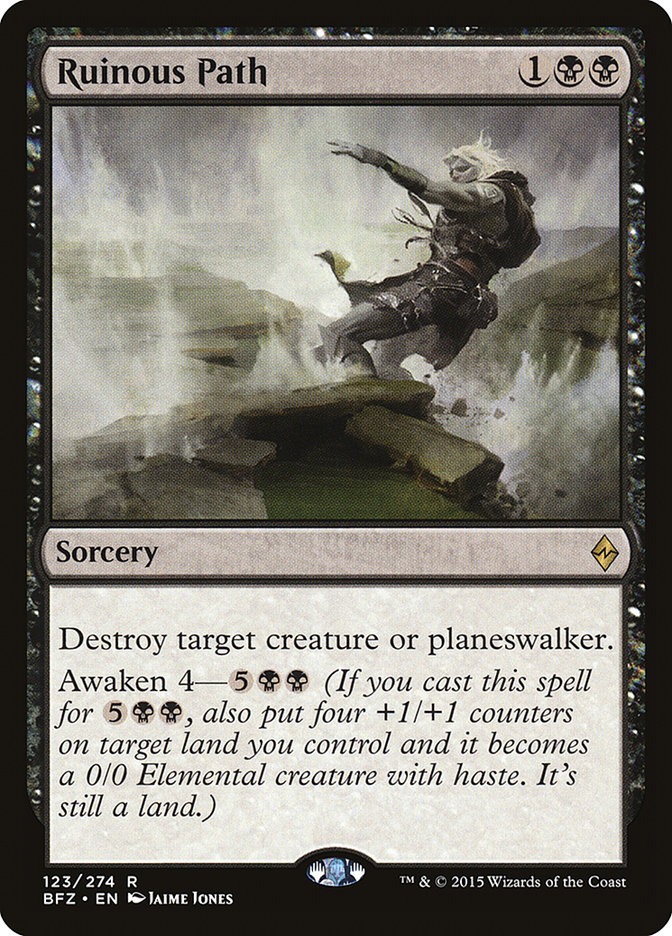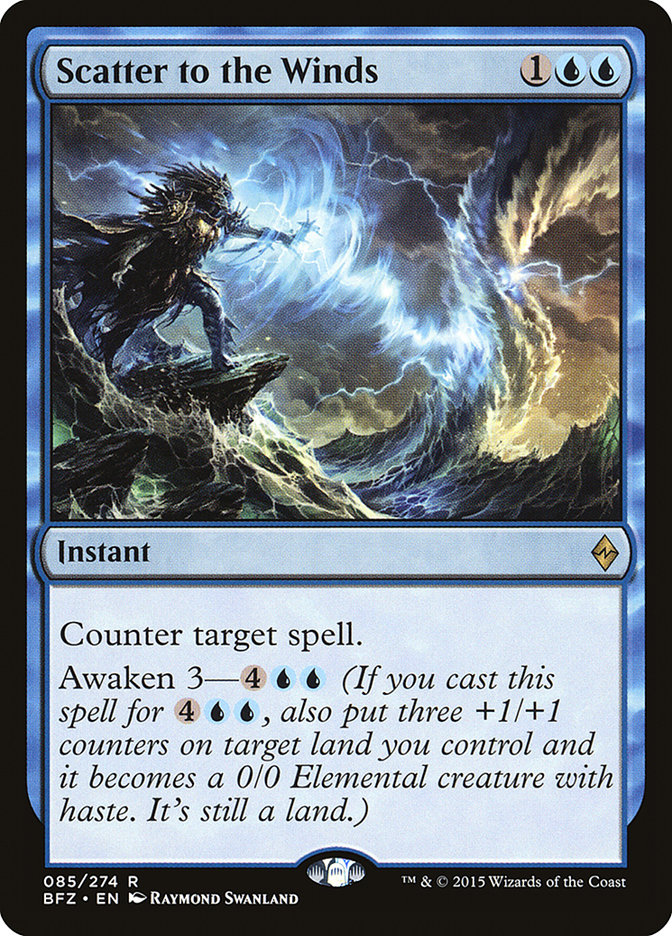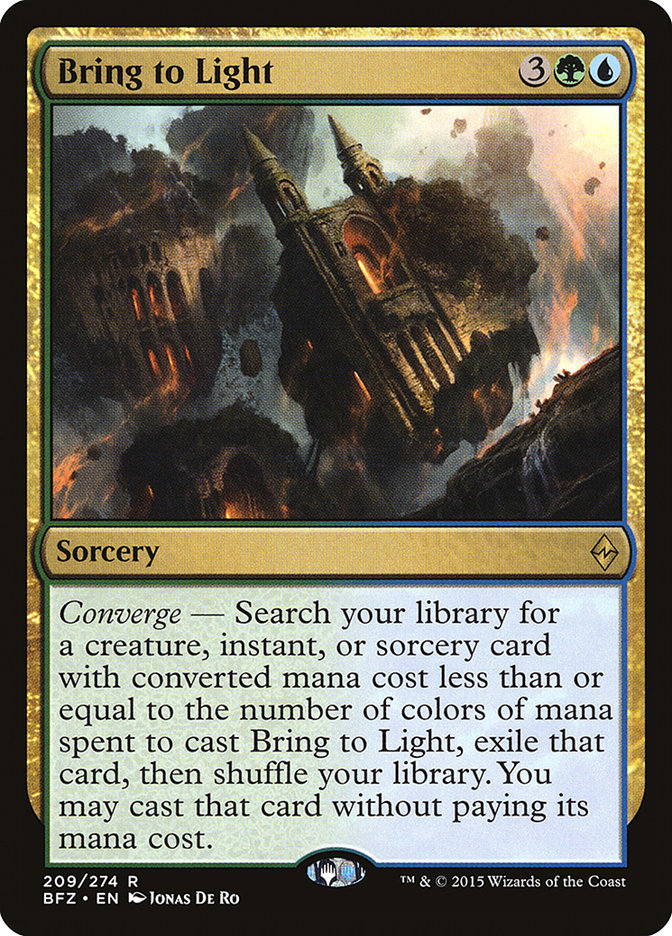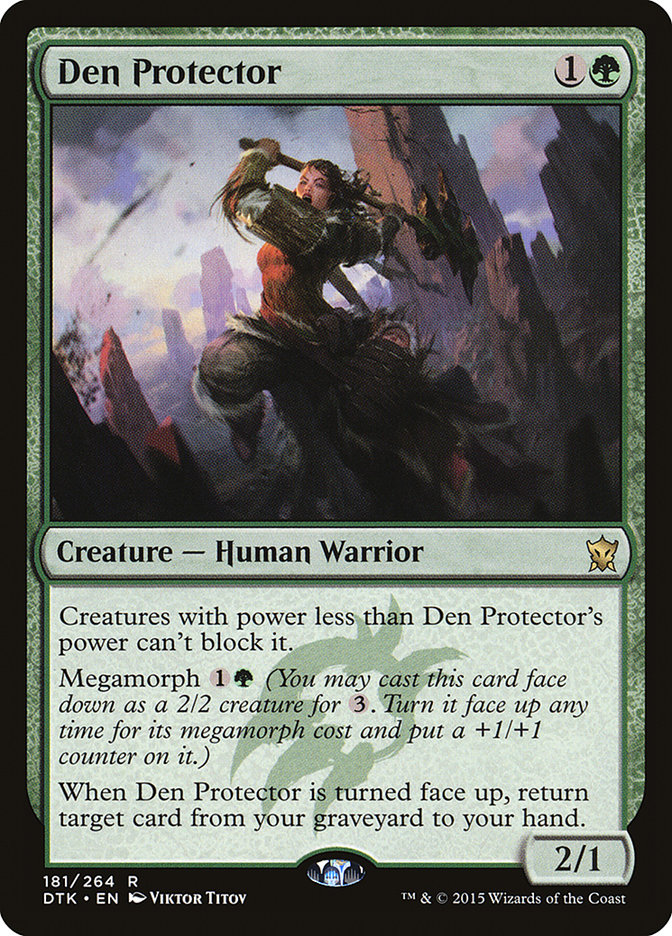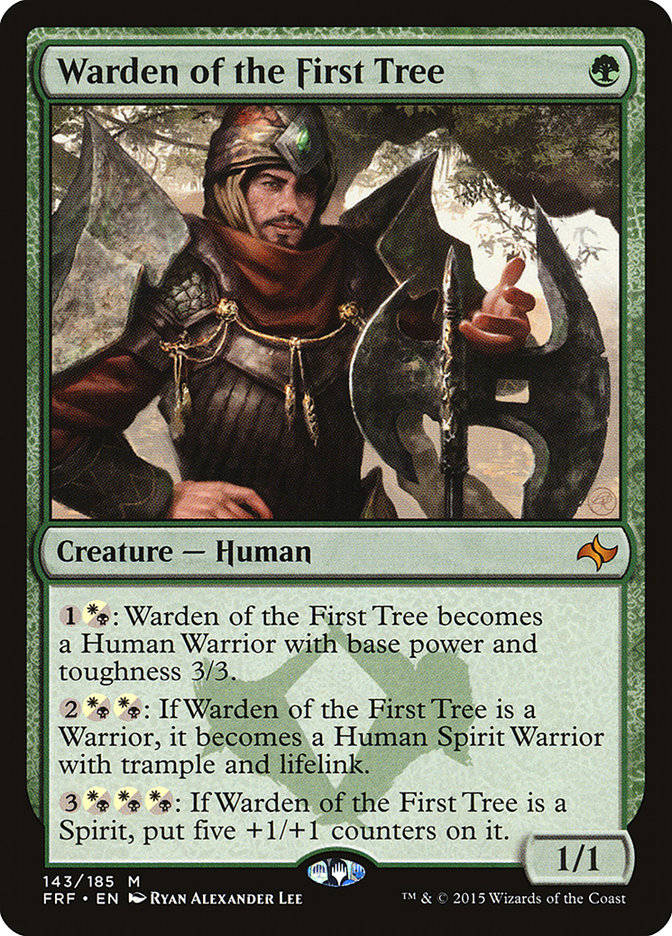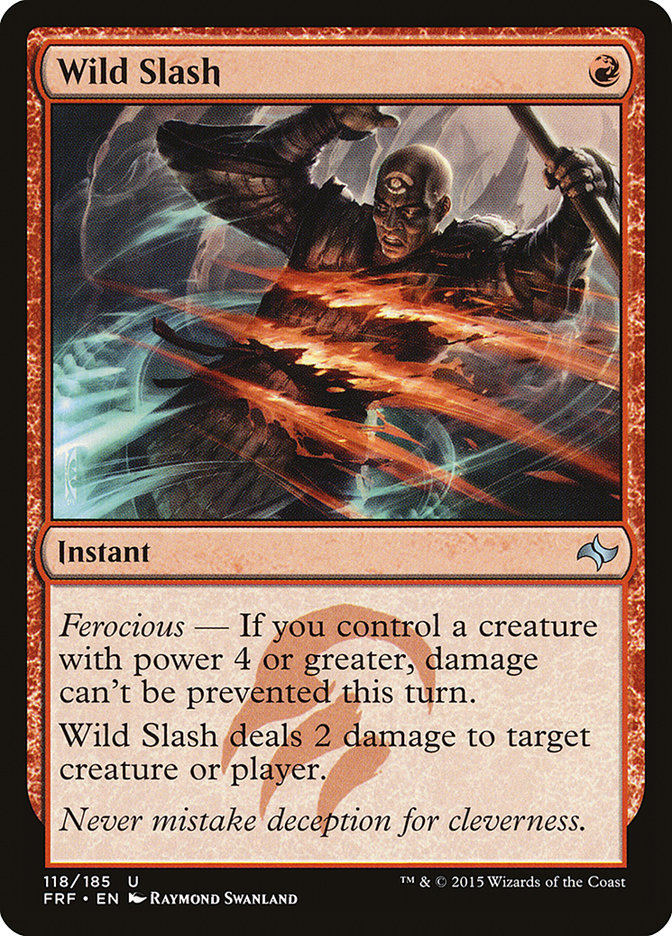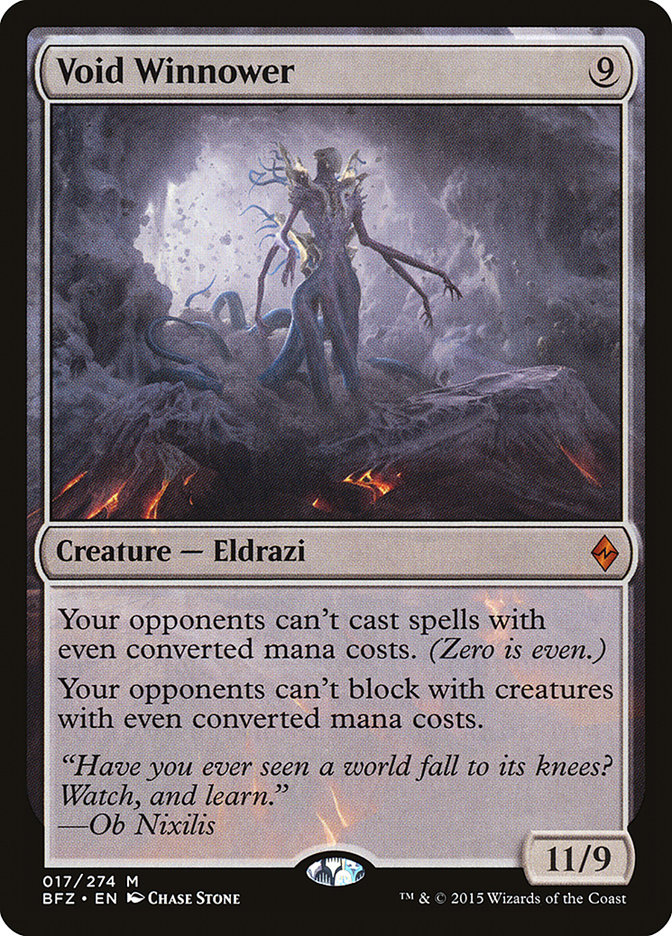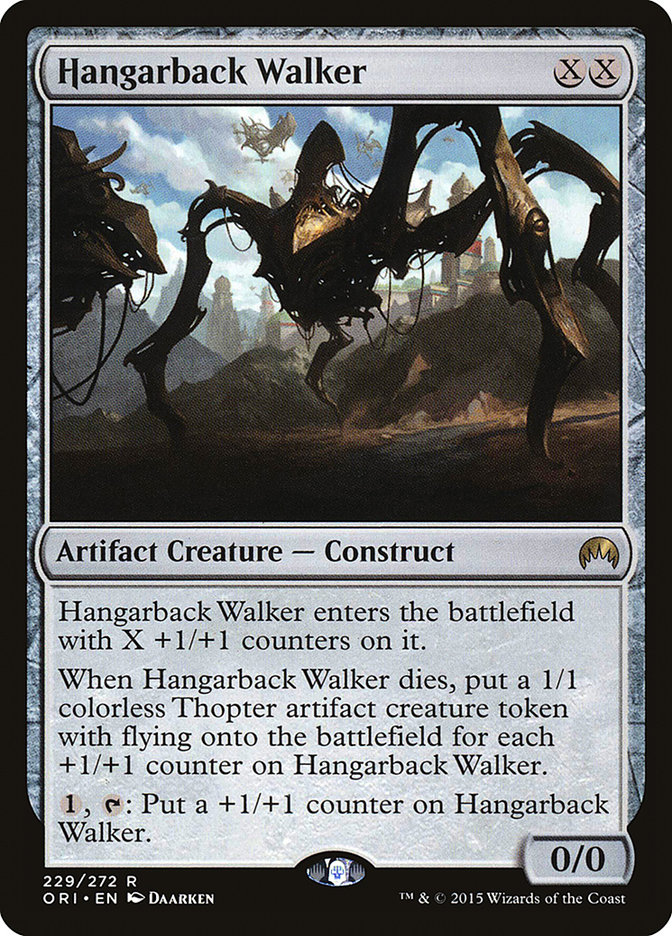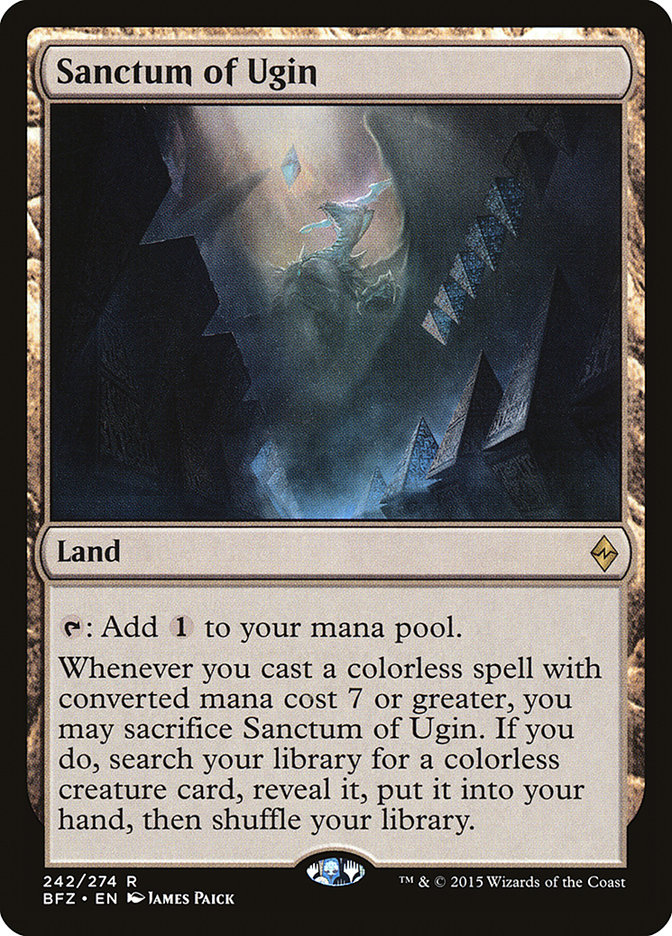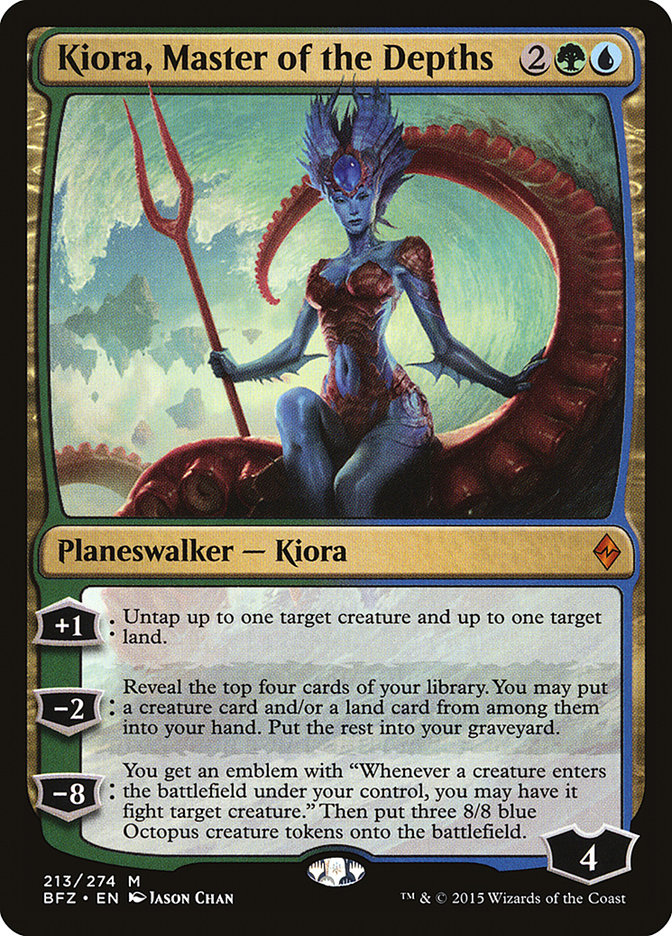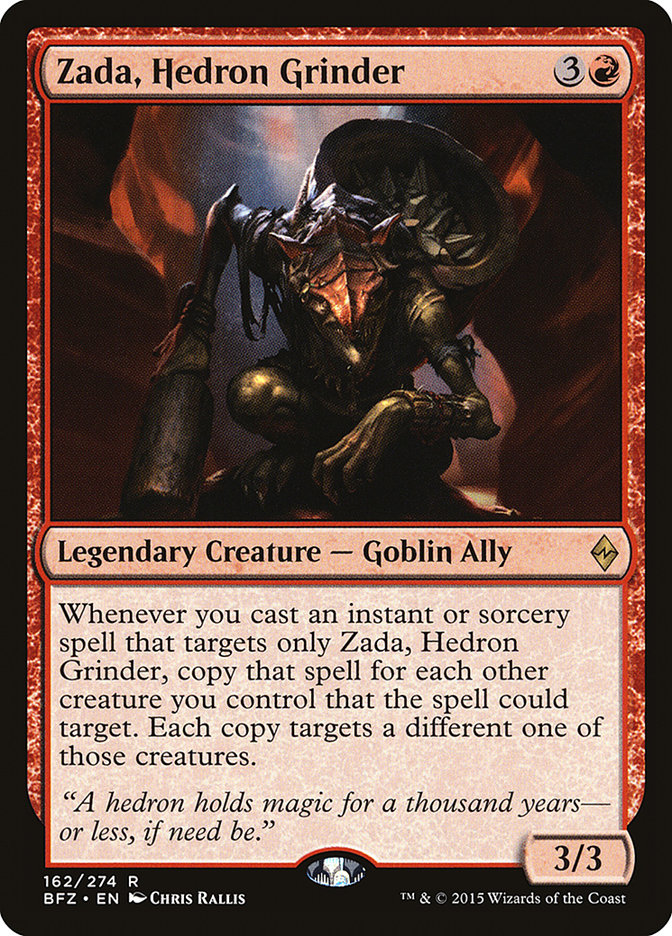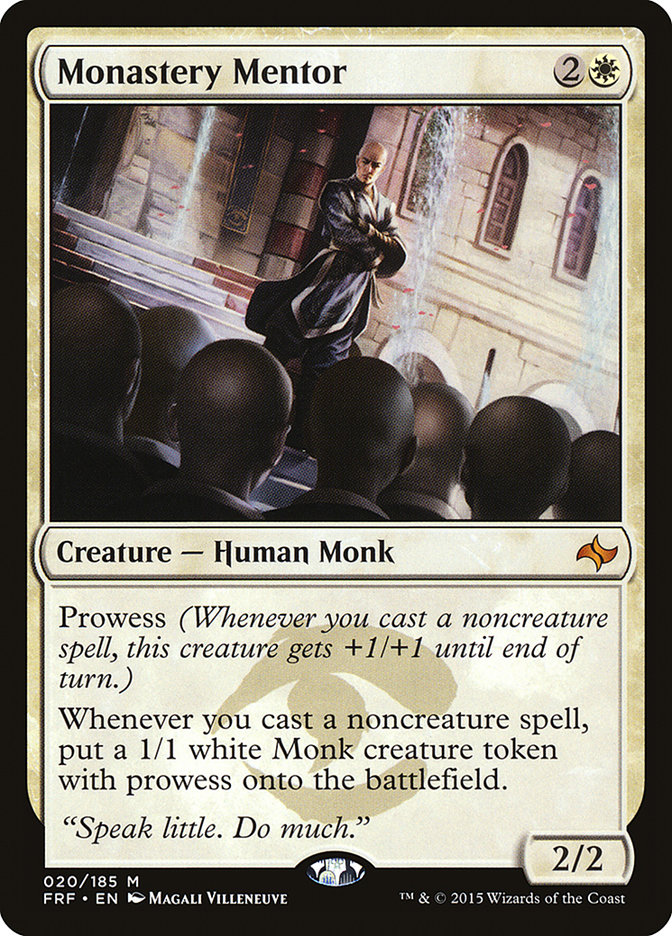Welcome back to Ask a Judge!
I just returned from the #SCGINDY, where I judged the Standard Open on Saturday and the Modern Premier IQ on Sunday. I always enjoy the first tournament
after a set’s release. I love seeing the new decks that people are playing in Standard, as well as cards that make a splash on non-rotating formats. Battle for Zendikar Standard is shaping up to be a crazy format, and I’m excited to see how it develops going forward!
For this week’s Ask a Judge, I wanted to focus on rules interactions involving the new Battle for Zendikar cards, especially ones that I
encountered at #SCGINDY. To help me out, I invited Jeph Foster to pitch in! Jeph is from Virginia Beach, but he’s judged events all across the United
States, Mexico, and Canada. He’s been a judge since 2010, and with over 60 Grand Prix and 27 Open Series weekends to his name; if you’ve attended a big
event in the past five years, you’ve almost certainly either seen Jeph directly or been impacted by his handiwork.

Jeph (front left) at a judge conference he helped organize.
With that, let’s dive into the rules questions! Take it away, Jeph!
Is awaken a “when cast” trigger, like the first ability of Ulamog, the Ceaseless Hunger? Do I still get to put counters on my creature even if the
spell is countered?
(Jeph)
It’s actually not a trigger at all! It’s an alternative cost that adds an extra effect onto the spell, which means a few things:
– The awaken effect is tacked onto the spell wherever “Awaken” appears in the text box. (That’s going to be at the end for all spells that currently have
Awaken.)
– If your spell with awaken is countered, the whole thing goes bye-bye. No spell, no scary creature-land. You get nothing! You lose! Good day, sir!
– You have to choose what land you are targeting when you cast it, not when it resolves.
– If you cast a spell for its awaken cost, it’s going to have the same converted mana cost as the un-awoken version, regardless of how you cast it.
– If you cast a spell with awaken that doesn’t have a target (say, Coastal Discovery), and your opponent decides to get rid of that land in response to
your spell (with something like Scour from Existence), your awaken spell will have no legal targets and be countered on resolution. (Sorry, pal. No cards
for you!)
I cast Bring to Light with three colors of mana. Can I find and cast a Den Protector face down?
(Bearz)
No, that doesn’t work, regardless of how many colors of mana you spend. Bring to Light lets you cast a spell without paying its mana cost, which is a kind
of an alternative cost. Morph is also an alternative cost, and you can only apply one alternative cost to a spell. So you can only bring a Den Protector to
light face up.
I control an 8/8 Warden of the First Tree with trample and lifelink. My opponent has a 4/4 Undergrowth Champion. If I attack with the Warden and my
opponent blocks with their Champion, what happens? How much life do I gain?
(Jeph)
Assuming you maximize damage to your opponent, Warden of the First Tree is going to attempt to deal four damage to Undergrowth Champion and four damage to
your opponent. The Undergrowth Champion isn’t having any of that, and prevents the four damage, so you don’t gain any life from that, but the four damage
that does go through to your opponent is going to cause you to gain four life.
I control a 4/4 Undergrowth Champion. My opponent casts Wild Slash targeting it. Does the Champion still lose a counter?
(Jeph)
Yes. Undergrowth Champion says “If damage would be dealt to Undergrowth Champion while it has a +1/+1 counter on it, prevent that damage and remove a +1/+1
counter from Undergrowth Champion.” If unpreventable damage would be dealt to your Champion, its ability doesn’t really care — the ability just does as
much as it can, so it will remove a counter anyway. So your Champion will be a 3/3 and have two damage marked on it. That’s rough, buddy.
I control a Void Winnower. Can my opponent cast morphs? Can their morphs block?
(Bearz)
The answer to both questions is no. It’s true that you pay {3} to cast a card with morph face down. However, a face-down spell has no characteristics…not
even a mana cost. Since a face-down spell has no mana cost, its converted mana cost is defined as zero. So Void Winnower does its best preteen impression
and reminds your opponent, “You can’t even.” (The same principle applies to any morphs that are already on the battlefield.)
Does a Hangarback Walker for X=4 trigger Sanctum of Ugin?
(Bearz)
Yes. You may have heard that we always treat the X in Hangarback Walker’s mana cost as zero, but there’s one exception to that rule. When Hangarback Walker
is a spell on the stack, we treat X as the value chosen for it. So the converted mana cost of a Hangarback Walker with X=4 is four plus four, which is
eight. This is greater than seven, so Sanctum of Ugin will trigger. You’ll be able to find a nice Eldrazi friend to keep your Thopters company.
What happens if I sacrifice a Smothering Abomination to itself?
(Bearz)
The Abomination’s ability will trigger, and you’ll get to draw a card. This is a little counterintuitive. The rules explanation is that, when you sacrifice
the Abomination, the game needs to know what abilities should trigger. To do this, it actually checks how the gamestate appeared before the sacrifice
occurred. At that point, Smothering Abomination was still on the battlefield, so it will “see” itself be sacrificed and let you draw a card. (This is the
same reason that, if a creature like Sidisi, Undead Vizier exploits herself, you’ll still get her trigger.)
Does Kiora’s emblem go infinite?
(Bearz)
No. The ultimate on Kiora, Master of the Depths is pretty confusing, but it makes sense if you pay attention to where the quotation marks start and end. As
the quotation marks indicate, Kiora’s emblem has a single ability: “Whenever a creature enters the battlefield under your control, you may have it fight
target creature.” If you ultimate Kiora, first you’ll get her emblem, then you’ll get three Octopi. Your snazzy new emblem will let your Octopi fight three
creatures (if you want), but they won’t produce more Octopi.
I have Zada, Hedron Grinder and a Monastery Mentor. I target Zada with Might of the Masses. Can I use Zada’s ability to target my new Monk token with a
copy of Might of the Masses? Also, if I were to target Zada with one of the Commands (say, Dromoka’s Command), would I be able to pick different modes
of the card for each new creature it targets?
(Jeph)
You can absolutely do that first thing! Both Zada and Monastery Mentor’s abilities will trigger, and you get to choose which order they get put on the
stack (and more importantly, the order they resolve). You can stack the triggers so that Mentor gives you a Monk before Zada’s ability resolves. As a
bonus, all of the creatures that get a copy from Zada’s ability will also get that extra +1/+1 on Might of the Masses!
For the second question, keep in mind that it is impossible to get Zada to trigger with Dromoka’s Command because Zada requires the spell to target only her to get the trigger. However, let’s say you cast something like Abzan Charm giving her two +1/+1 counters. Zada’s ability will trigger,
but the copies will have the same mode as the original: you couldn’t change the mode of others to let you draw cards (or exile your creatures with power
three or greater). You’re stuck giving all of your creatures two +1/+1 counters. Darn.
—
As I mentioned earlier, Jeph has been judging since 2010. He’s been a staple of the Grand Prix and Open Series circuits for almost all of that time, and I
think it would be impossible to count all the players and judges he’s impacted. I am definitely one of those people — Jeph gave me some great advice after
one of my early Grand Prix, and I’m proud to call him a friend.
To finish off this week’s article, I asked Jeph to share some of the lessons he’s learned in his long tenure as a judge…as well as talk about a cool
project that’s very close to his heart.
Five Questions with Jeph
What have Magic and judging given you or changed about your life?
I mean, the last five years of my life have been judging, and I’ve been playing since I was about twelve years old. I’ve been to almost every state in the
US and four different countries between playing and judging this game. I was also a completely different person when I started judging than who I am now.
Interacting so closely with so many knowledgeable people from so many different walks of life has really helped ground me as a person. Some of that may be
just getting older in general, but I think I owe a lot of who I am today to Magic and the Judge Program.
What’s one thing you wish players would know about judges?
Judges are just people. We all play this game. Some of us have played in Pro Tours. Some of us even play well. (No, those last two are not necessarily
related.) We aren’t here to be the big bad bosses. We’re here to make sure everyone has fun.
What’s one thing you wish Tournament Organizers would know about judges?
Judges go through so many events a year, especially experienced judges. We all have a lot of knowledge, and I’m glad to see that TOs are starting to pick
up on that. I don’t want to insinuate that we know more about running events, but we know different things. We see things from different angles, and we can
understand facets of this business that may be difficult to see from a TO perspective.
Listen to us. We have a lot of knowledge, and a lot good of things to say.
What’s one thing you wish judges would know about judging?
Judging is an art, not a science. Yes, the rules are an exact science – there’s rarely two ways one thing can go with regards to rules. But in the almost
60 Grand Prix I have worked, one thing I’ve learned is that rules interactions are about 10-20% of what I do at an event. Everything else is taking what
I’ve done at every other Grand Prix and applying it to the new parameters for each event. It’s all critical thinking, it’s all under pressure, and it’s
impossible to be right 100% of the time, but you have to stand behind your decisions.
More importantly, we’re not robots. We all make mistakes, and no one is going to be too mad at you for making them. I punted my first call at a GP, but the
Head Judge and I are probably the only ones who remember that. Don’t wallow in your mistakes: reflect and improve.
Tell me about your
Battle Box
.
It actually all started with my Pokemon Cube, which I made about a year and a half ago. I really enjoy developing cards and coming up with interesting
mechanics and putting everything together so it feels cohesive, you know? The main problem is that a Cube is going to be an entire draft, and the set was
specifically designed with eight drafters in mind. That’s hard to get together and takes a lot of time.
The solution I found was designing custom cards for a Battle Box. It’s mostly mine, but I can’t take all the credit for it: Phillip Wulfridge helped me out
a lot with it.
If you haven’t heard of Battle Box, you start with a stack of cards as your deck, and you have five lands set off to the side: five basics, five Guildgate
duals. You start with four cards in hand, and play just like normal Magic. The format is designed so every card draw matters, card advantage is really
important, and you can’t get mana screwed or flooded. It’s also just a pick up and go game – maybe twenty minutes, tops.
Since it’s just pick up and go, I got to thinking about ways to make it interesting. Card ownership doesn’t matter quite so much because everything goes
back in the pile at the end, so some cards let you gain ownership of your opponent’s cards, or let you put cards your opponent has into your hand or your
graveyard. (Don’t worry, there is reminder text to tell you that you become the new owner of those cards.)
We also did some interesting things, like specifically putting the lands in your command zone instead of just having them float around, so there’s an
ability word that actually checks the number of lands in your command zone. There’s also some reworks of abilities: Haunt functions similarly to an
enchantment instead of just providing a “When the creature this haunts dies” trigger, some Soulbond cards only care about the paired creature, Replicate
has different costs than the original spell… It’s a lot of fun, and great to play on break from judging an event. Check it out on Facebook if you’re interested!
—
Those are all the questions for this week! I hope this article helps arm you with the knowledge you need to take down your next game, whether that’s at the
kitchen table or the tournament hall.
If you have a question I haven’t answered here, let me know! Shoot an email to askajudge@gmail.com, and I’ll be
happy to answer it!

